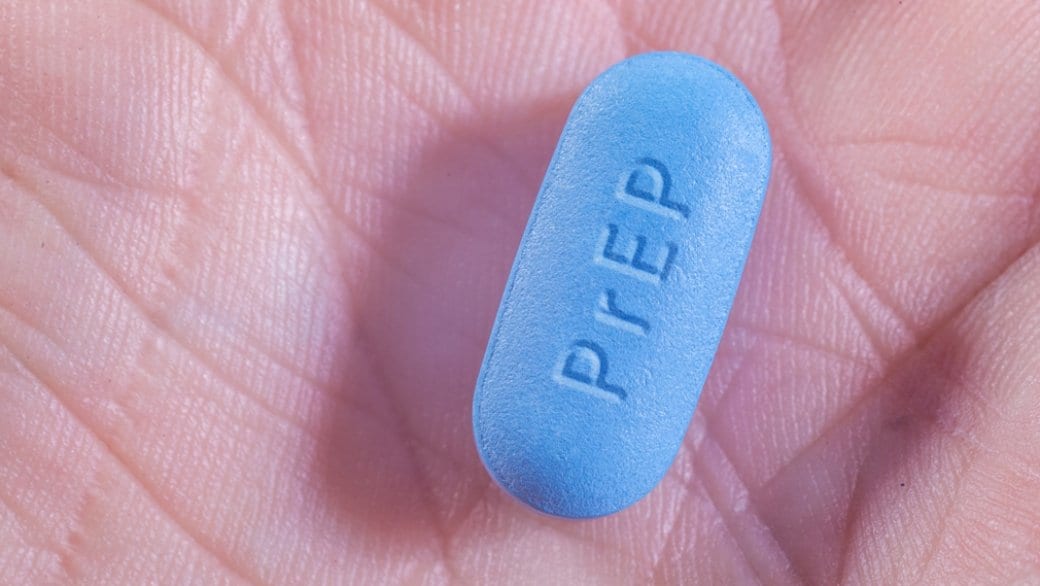Great! You started taking pre-exposure prophylaxis (PrEP). Now the question is, how long should you use it and why might you stop? But first, remember to always make medical decisions in consultation with your doctor and other healthcare professionals.
Why might I stop using PrEP?
The Centers for Disease Control and Prevention (CDC) notes that if changes in your life reduce your risk of contracting HIV, you may want to stop using PrEP. Moreover, if the side effects from the medication are getting in the way of life, or if your body is reacting negatively to the drug, you may also want to stop. Finally, if you can’t remember to take the pill everyday or don’t want to take it everyday, then ending PrEP use is something you might consider.
If you decide to stop because you’re at low risk of infection, one of the great things about PrEP is that you can always start again, as long as you get tested for HIV beforehand.
“We talk about seasons of risk,” says David Knox, a Toronto-based physician and researcher. “Individuals at certain points of their life will engage in sexual activities that may be higher risk for HIV. At those times, PrEP plus condoms — as much as possible — is very appropriate.”
Knox also says there are periods when PrEP isn’t as warranted. “Then there are those times in people’s lives where sex is not on the radar or they find themselves in a monogamous relationship, and PrEP might not be something that needs to be considered in those situations.”
Dawn Smith, a physician and epidemiologist with the CDC, works with a team to support the implementation of PrEP and other biomedical HIV prevention methods in the US. She says people on PrEP should feel comfortable saying they don’t want to take it anymore. “If you decide to stop for that reason, that’s cool, but then you’ve got to figure out what you are going to do to protect yourself,” Smith points out.
Do I need to take PrEP for the rest of my life?
If you don’t want to stop using PrEP and are still at high risk, are you expected to take the medication for the rest of your life?
“As long as there’s a risk of HIV acquisition, for sure,” Knox says. “There’s going to be individuals who definitely have ongoing risk, and for them, right now, we would consider long-term PrEP use.”
Why would I take a pill every day when I don’t have HIV?
Some criticize the irony of PrEP. You have to take a pill every day — potentially for the rest of your life — so that you don’t get HIV and end up taking more pills, every day, for a lifetime. This isn’t accurate.
For one thing, people who take Truvada aren’t tied to it, which is a luxury not afforded to those who are HIV-positive. For another, there’s still a stigma attached to being HIV-positive, which unfortunately still exists within our community, despite everything we know. Finally, people who are positive are taking antiretrovirals to maintain the integrity of their immune system — people on PrEP are not.
What are some of the health risks of using PrEP?
“There are no side effects that crop up suddenly with long term use,” Smith says.
Truvada has been used as treatment for more than 10 years. While most people taking PrEP have not had side effects, some have reported nausea, headaches and weight loss at clinical trials. In some users, Truvada can cause a small increase in serum creatinine, a naturally occurring molecule filtered by the kidneys, but which has been found to cause no serious threat to kidney function.
“Right now with the antiretroviral drugs that we have available to us, PrEP providers would say that the benefits of the medication outweigh the risk,” Knox adds.
There may be other HIV-prevention tools that come along within our lifetime that will not require us to take a pill every day for the rest of our lives. There are vaccines, microbicides, and injectable antiretrovirals on trial, but it doesn’t look like anything will be on the market soon.
“There are a lot of things that are being tried that are in trial, but we don’t know if they’re going to work and we don’t know when they’re going to be approved, so I’m not sure that we should bank on them,” Smith says.
So is PrEP my only option?
For the time being, your best option may be PrEP with condoms. It’s a tried and tested preventative tool and if you’re in the high-risk category —and can get access — it’s the absolute best way to protect yourself from HIV long term.
Whether that means taking it for a year or indefinitely, that’s a personal decision based on what you feel is the best way to protect yourself. The key is to know the facts.
PrEP School runs every other Monday on Daily Xtra. Columnist Mike Miksche explores and navigates the world of sex and PrEP.

 Why you can trust Xtra
Why you can trust Xtra


